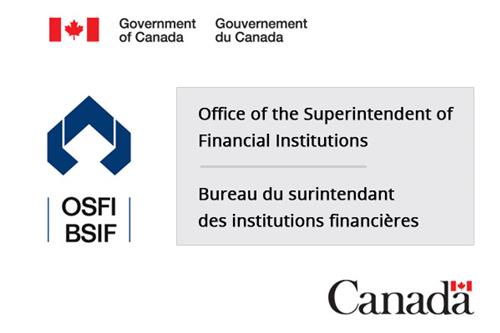My Real Estate Blog - Market Trends, Tips & Updates
OSFI eliminated mortgage stress test to avoid losing public confidence: Routledge
10/3/2024 | Posted in Mortgage News by Paul DeAdder | Back to Main Blog Page

Canada’s banking regulator recently relaxed its mortgage stress test rule partly due to concerns about how the public perceives the agency’s role, according to Peter Routledge, the head of the Office of the Superintendent of Financial Institutions (OSFI).
Routledge explained that the decision was influenced by feedback suggesting that many Canadians feel OSFI is too involved in their personal financial decisions.
“If I were that person, I would feel regulated by OSFI. And that’s what we hear from Canadians. And I don’t think that was ever part of its intent,” Routledge said while speaking at the Global Risk Institute summit on Wednesday.
The "OSFI stress test" ensures that borrowers could handle higher interest rates by assessing their ability to pay based on elevated rates. However, OSFI’s recent announcement means that starting November 21, the stress test will no longer be required for uninsured mortgages when borrowers are making a simple switch between lenders, provided they are not altering key details like the amortization period or the loan amount.
Routledge clarified that while the stress test was previously considered a part of sound underwriting practices, the relatively low number of borrowers making such switches (only 2% to 6%) meant the potential risks were minimal.
“It wasn't a big enough prudential risk to justify that appearance of unfairness," Routledge said.
OSFI’s decision is also part of a larger plan to move away from focusing on individual borrowers in its mortgage risk assessments. Instead, the agency is looking at regulating the overall risk in a bank’s loan portfolio by setting limits on how much of a bank’s lending can be made up of borrowers with high loan-to-income ratios.
This system will be tested next year, and OSFI will then decide whether to incorporate it into the existing rules or replace the current stress test.
While the proposed system would still limit risk, it would reduce the perception that OSFI is directly involved in regulating individuals, a move Routledge sees as beneficial.
“I think OSFI will sacrifice less confidence and credibility if we stick to our knitting, and only deal with the financial institutions as opposed to being perceived to deal with individuals,” he said.
OSFI’s recent decision comes after the federal government also eased some lending rules, including raising the price cap on insured mortgages and expanding eligibility for 30-year amortizations. However, Routledge clarified that the regulator's decision was not driven by political pressure but rather public feedback.
While he acknowledged that the federal changes introduce a modest increase in risk, Routledge said he doesn’t see it as a threat to the stability of Canada’s banking system, He noted that the Canadian residential lending sector is in a much better position than it was a year ago.
“We have seen some deterioration, but it has been very gradual and quite manageable. All the evidence right now is that households have managed through this quite well,” he said.
Source: Canadian Mortgage Professional

